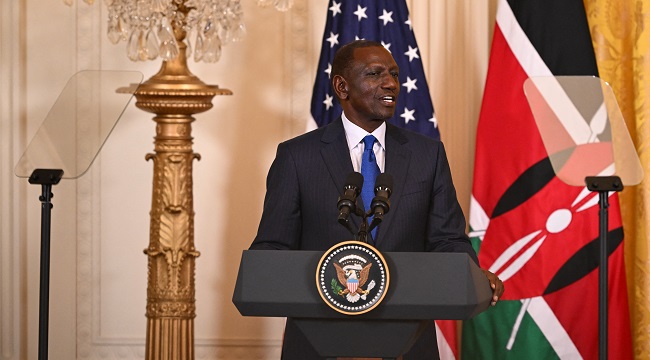A storm is brewing in Kenya over the latest proposals to control the sale and consumption of alcohol, including raising the minimum drinking age from 18 to 21.
The sweeping proposed rules, unveiled on Wednesday, include a ban on purchasing alcohol in supermarkets, restaurants and on public transport. The online sale and home delivery of alcoholic drinks as well as celebrity endorsements will also be outlawed.
The authorities have defended the planned measures as necessary to address substance abuse especially among the youth.
But many Kenyans, including those in the alcohol industry, have criticised the proposals as misguided and potentially destructive to the economy.
The proposals were unveiled by National Authority for the Campaign Against Alcohol and Drug Abuse (Nacada) in what was seen as one of the most aggressive anti-alcohol policies the country has seen.
Following the backlash, Nacada sent out a statement clarifying that its draft policy was a “road map, not an enforcement issue”, adding that the next step was to develop a implementation plan that would involve different players.
“Any proposal that requires legal backing will undergo a thorough law review process,” it added.
Traders and alcohol manufacturers have sharply criticised Nacada’s plans, warning that their implementation could trigger a crisis in the industry.
They argue the measures would lead to widespread job losses and push consumers toward the illicit alcohol market.
The Alcoholic Beverage Association of Kenya (Abak) said Nacada had developed the draft policy without consulting manufacturers, calling it “exclusionary” and “unrealistic”.
While expressing support for the fight against alcohol abuse, it said it was “unfortunate” that manufacturers, who “could have added valuable insights to the policy,” were excluded.
Prominent lawyer Donald Kipkorir said on X that the move to “ban the sale of alcohol in supermarkets, restaurants, public beaches, recreational facilities and petrol stations will kill hospitality sector in Kenya”.
“Tourism is driven by good food, alcohol (wine, beer & spirits) and sex,” he added.
Kenya has made attempts to control alcohol abuse in the past including through legislative attempts, although the problem with abuse has persisted, with dozens of people having died from consumption of harmful alcohol.
In 2023, then-Deputy President Rigathi Gachagua proposed a radical step to reduce alcohol abuse in the country’s central region, seen as worst hit by the menace, saying that county governments should only allow one pub per town.
But bar and restaurant owners complained that the government was getting its priorities all wrong by targeting legitimate businesses. In the end, the plan fell apart.
[BBC]



